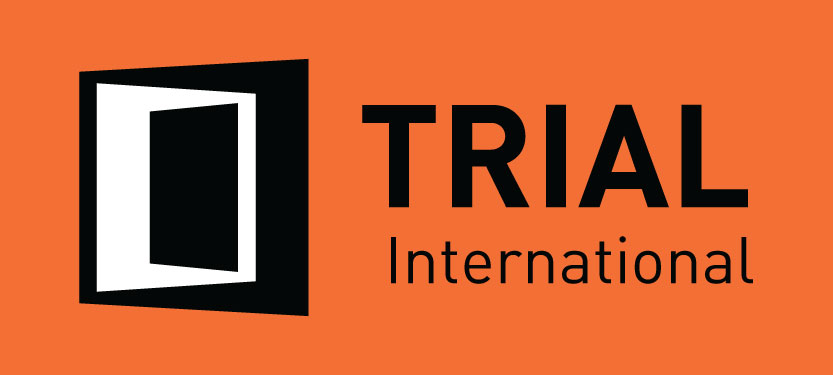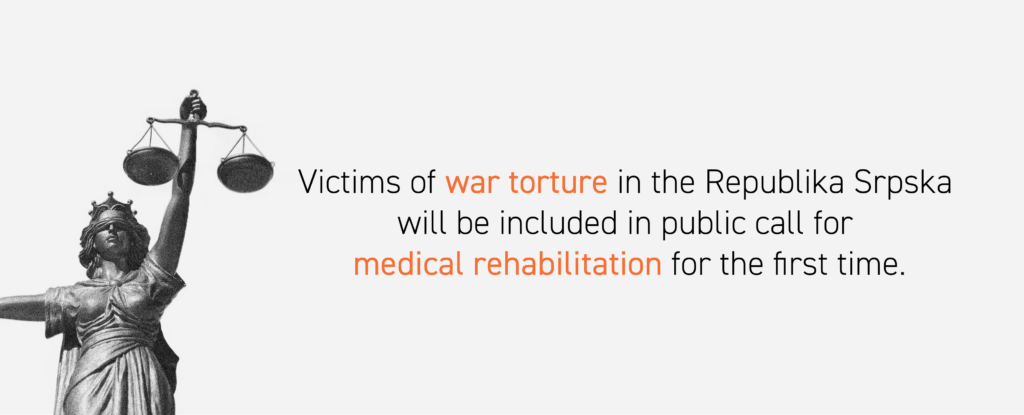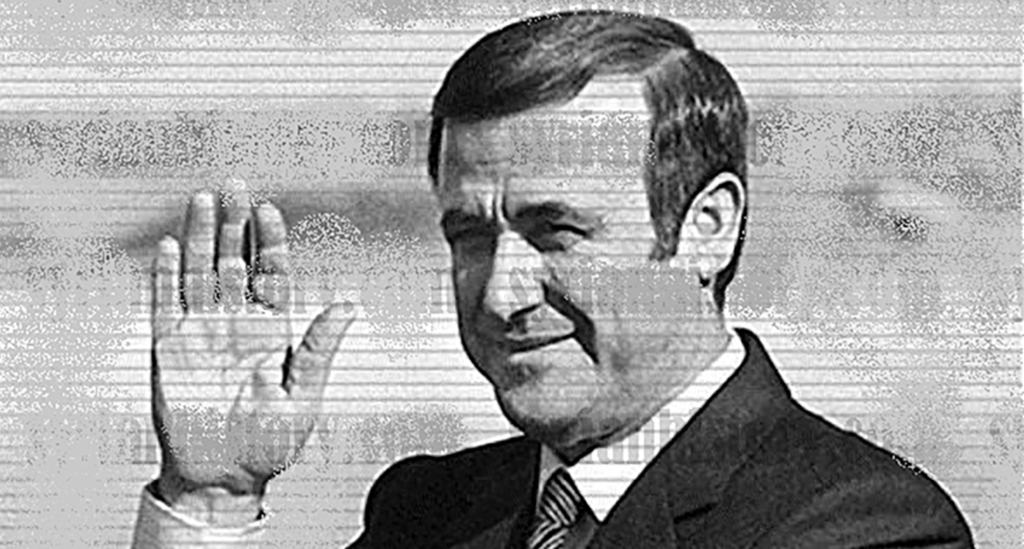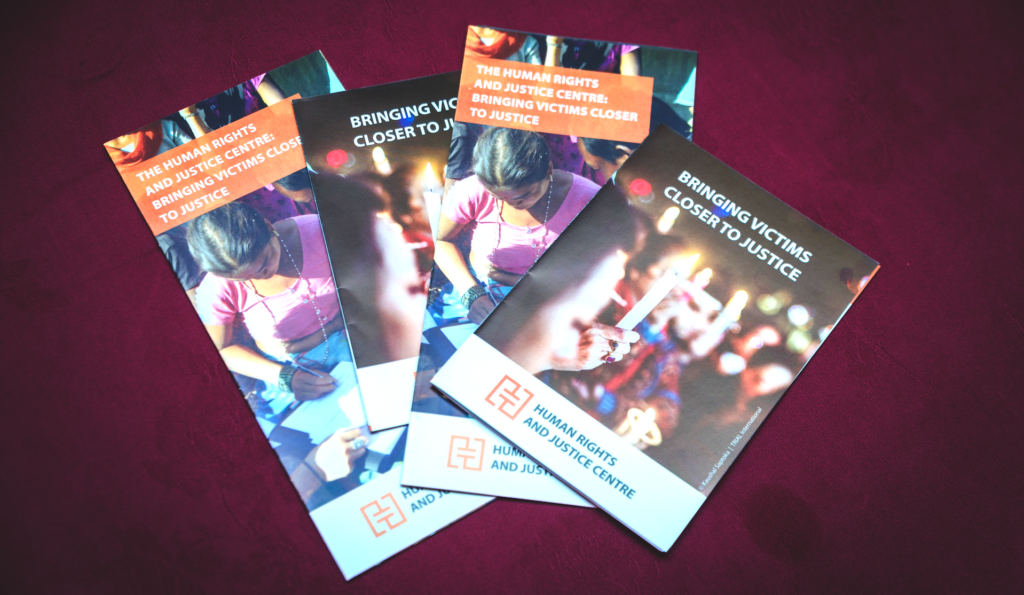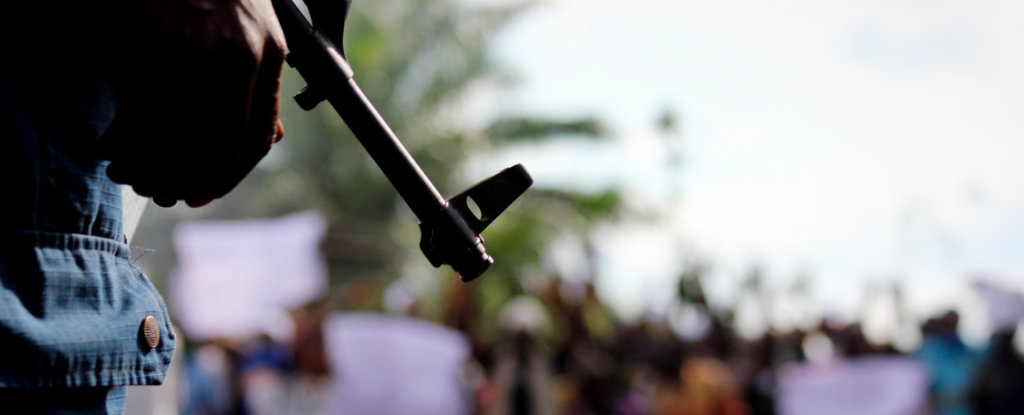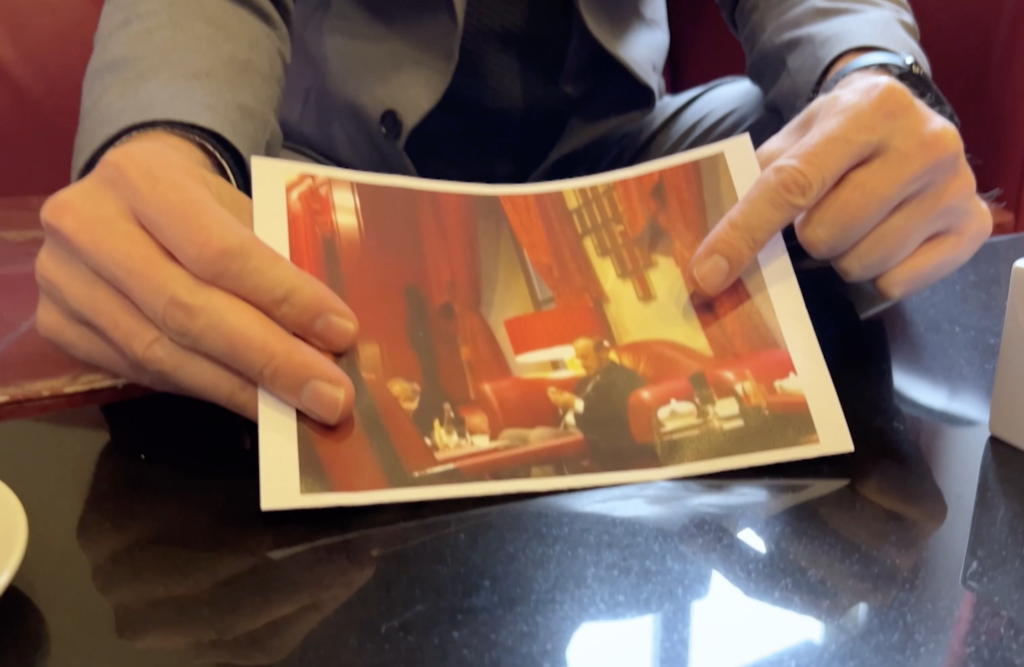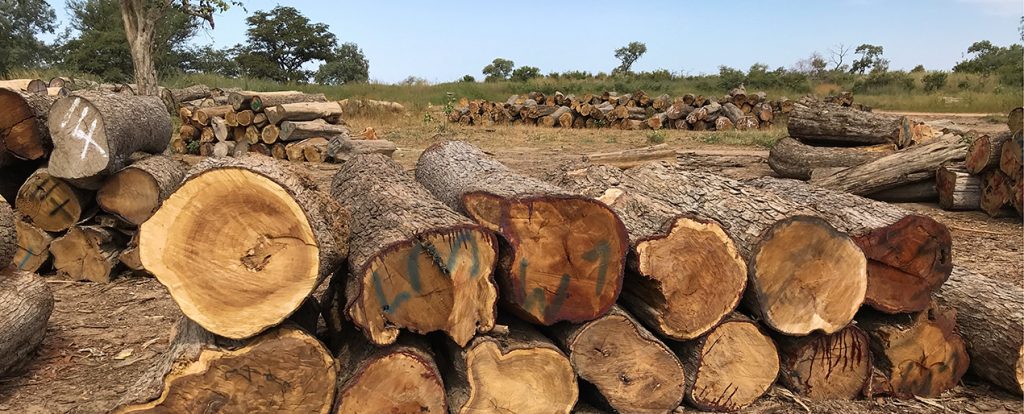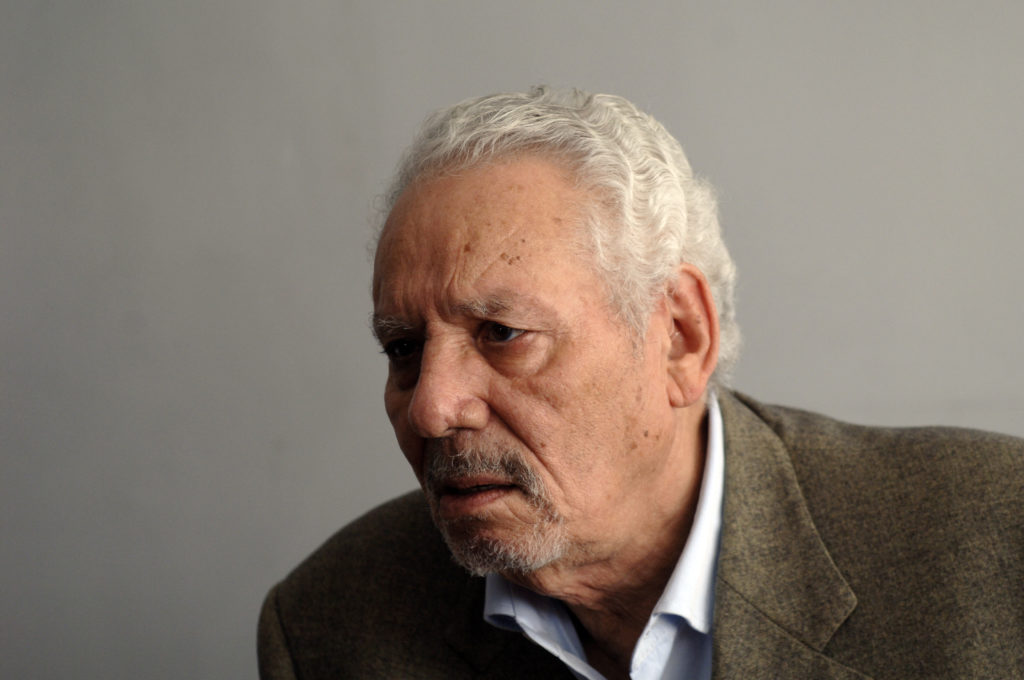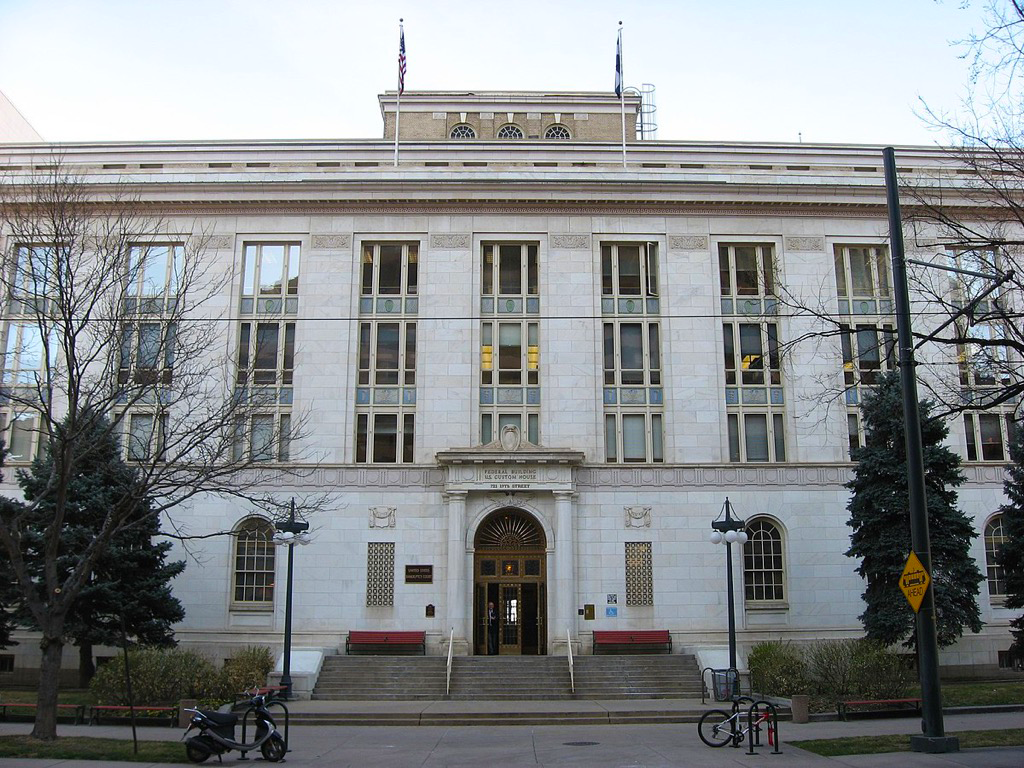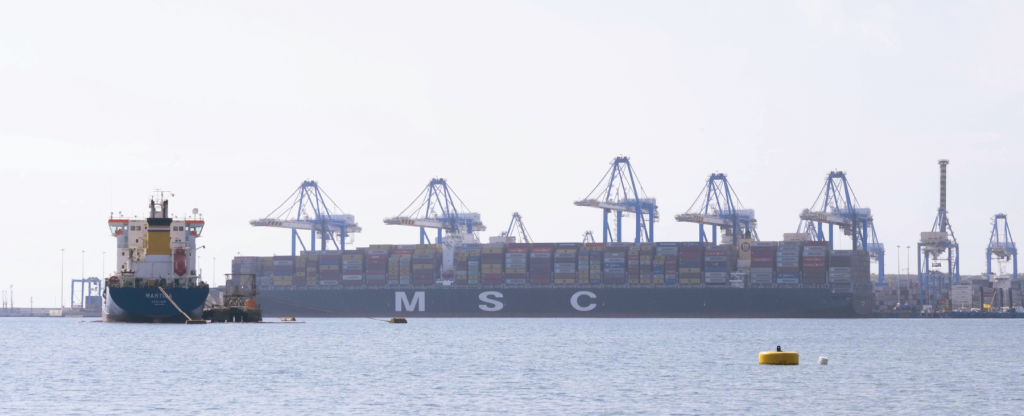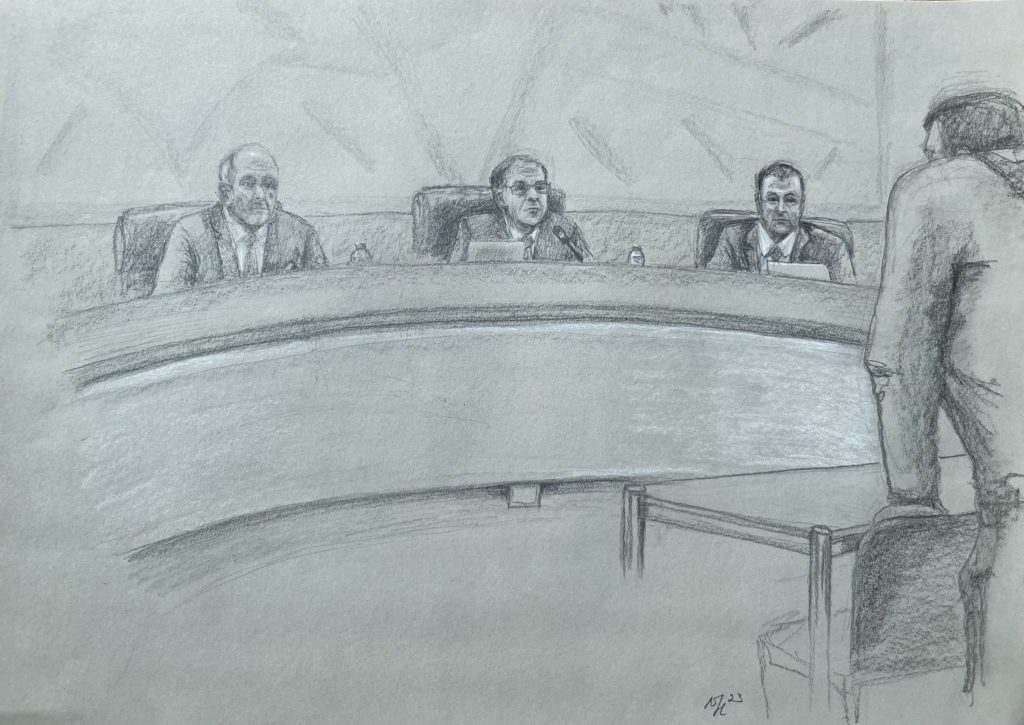Victims of the Algerian civil war still await justice
Did Switzerland miss a historic opportunity to judge a potential war criminal? It has been ten years to the day since TRIAL International filed a criminal complaint against the former Algerian Minister of Defense Khaled Nezzar, on 19 October 2011. It has also been a decade since a criminal investigation for war crimes was opened. This was long enough for the accused to return to Algeria without being bothered and probably long enough to doubt that he will ever have to answer for his involvement in the many acts of torture, extrajudicial killings and enforced disappearances that took place during the “Dirty War” that tore Algeria apart between 1992 and 2002.
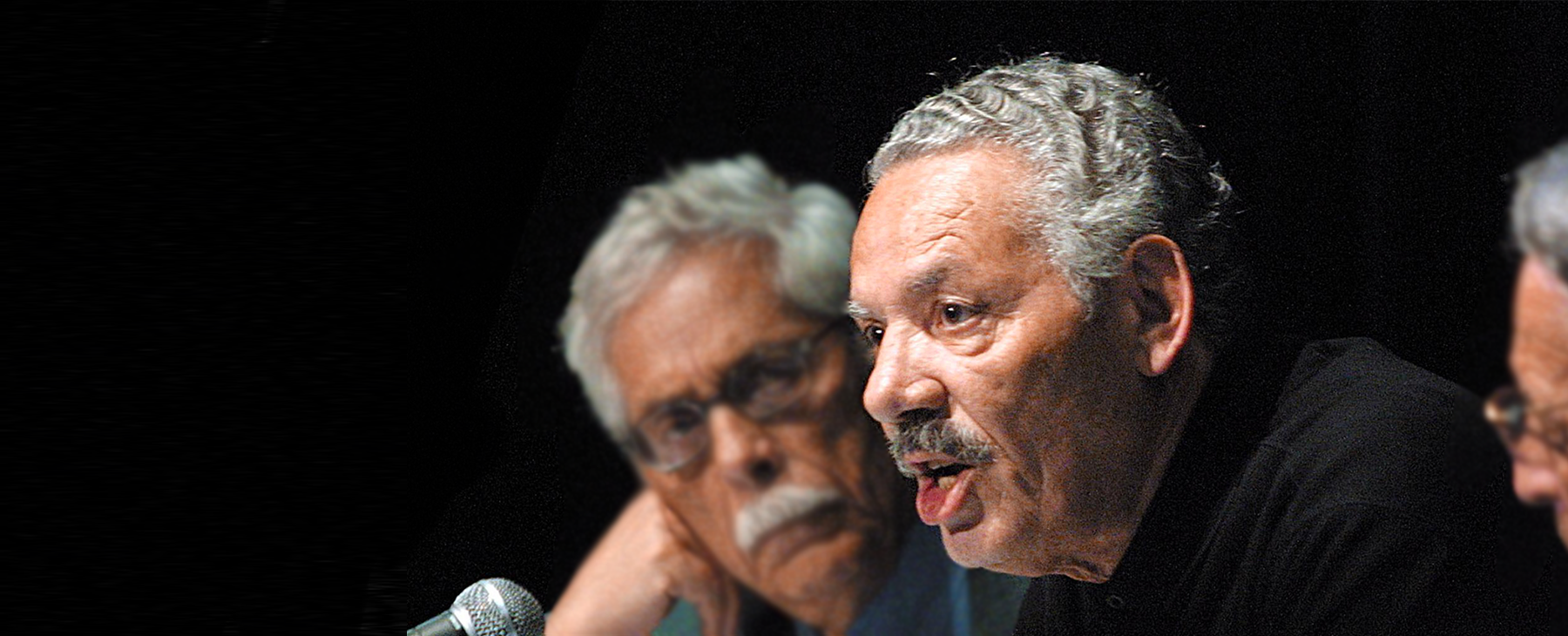
Will Khaled Nezzar have to face judges one day for his involvement in the Algerian civil war? Nothing is less certain, as the procedure opened in Switzerland following the criminal complaint by TRIAL International is dragging on. Since 2020, this senior officer of the Algerian army, former Minister of Defense and de facto head of the military junta that took power in 1991, is back in his country without any chance for Switzerland to obtain his extradition, and without any judicial assistance to be expected. The countless victims of the civil war – which cost the lives of 60,000 to 150,000 people and forced millions more to move – fear that unless the 83-year-old former military leader is brought to trial, he will never have to answer for the war crimes charged against him.
The proceedings initiated in December 2011 by the Swiss Office of the Attorney General (OAG) are officially still ongoing. The legal process has lasted almost longer than the Algerian civil war itself. As time passes, it complicates the outcome of the procedure: material evidence is more difficult to access, the memory of witnesses, victims and survivors are fading and the narrative of the collective memory is evolving.
As with other cases brought by TRIAL International, the slowness of the procedure raises important questions. Does Switzerland lack the means? The number of prosecutors in charge of international crime cases is indeed small, and the Mutual Legal Assistance, Terrorism, International Criminal Law and Cybercrime Division is not specialized enough to deal “only” with war crimes. Does Swiss foreign policy justify granting “de facto” immunity to certain defendants? It is worth recalling that the Federal Department of Foreign Affairs had warned the prosecutor in charge of the case that the Nezzar case risked jeopardizing bilateral relations between Switzerland and Algeria.
The Nezzar case is however a rare opportunity to hear the victims and to render justice. It is also unique because no individual has ever been tried in Algeria or elsewhere for the atrocities committed during the black decade. The Federal Criminal Court had paved the way with an important landmark ruling in 2012 that rejected the immunity of former foreign leaders for international crimes, and then by recognizing in a ruling on 30 May 2018 the existence of a civil war in Algeria, yet denied by Algiers. It is regrettable that the Swiss prosecuting authorities do not carry on this way.
The part played by Switzerland in this affair could be more important than one might think. Algeria has embarked on a pacification without truth and justice. The reconciliation process is not satisfactory, especially because of the amnesties offered both to armed Islamist groups – provided they were not involved in massacres – and to state agents engaged in the fight against terrorism. By bringing Khaled Nezzar to justice, Switzerland would be affirming its commitment by recognizing the responsibilities of the perpetrators of crimes committed at the time. This is a strong signal and an outstreched hand extended to Algerians who have been waiting for justice for almost thirty years.
